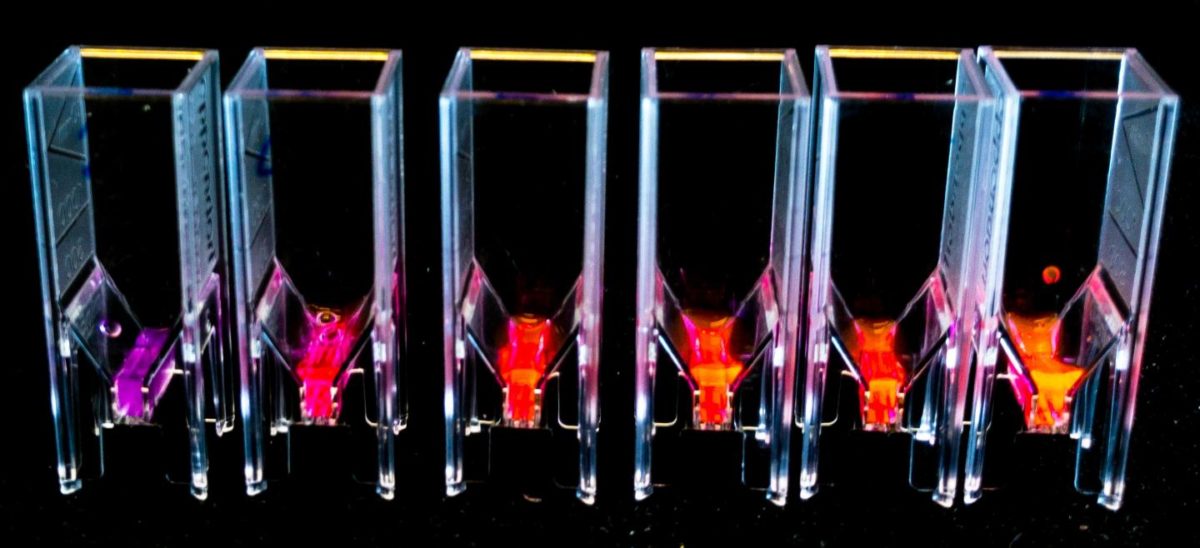Scientists from two European universities have developed a technique to observe the light harvesting mechanisms of red algae found in the world’s oceans. The plants can survive in low light conditions deep in the ocean and have evolved highly efficient processes for light harvesting, a greater understanding of which could inform future organic PV developments.
Organic materials have so far raised little commercial interest from the PV industry as their efficiencies lag those achieved with silicon and thin-film technology, however the potential for low-cost production using abundant materials is well known and organic PV remains a popular subject of scientific research.
A study conducted by the universities of Birmingham, in the UK, and Utrecht, in the Netherlands has been published in the journal Chem. A Colorful Pallet of B-Phycoerythrin Proteoforms Exposed by a Multimodal Mass Spectrometry Approach looks to nature for inspiration in creating more efficient organic PV cells by examining the light harvesting processes of red algae.
A closer look
The researchers used a technique based on advanced mass spectrometry to observe the algae’s light harvesting system, and were able to see distinct parts of the process never observed before.
Popular content
“When you look into the molecular details of their machineries that make them convert sunlight into energy so efficiently, you think these are more sophisticated than the most sophisticated Swiss watch,” said Albert Heck, scientific director of the Netherlands’ proteomics center at Utrecht University. “This needs to be the product of three billion years of fine-tuning, called evolution.”
The team now plans to continue its research to gain more detailed knowledge of the energy transfer processes occurring in the algae, and what it is that makes them so efficient.
“Microalgae are fascinating organisms that can do things so much better than systems designed by engineers,” said Aneika Leney, of the University of Birmingham’s school of biosciences. “By applying this knowledge we can start to make real progress towards adapting these systems for use in solar panels.”
This content is protected by copyright and may not be reused. If you want to cooperate with us and would like to reuse some of our content, please contact: editors@pv-magazine.com.



By submitting this form you agree to pv magazine using your data for the purposes of publishing your comment.
Your personal data will only be disclosed or otherwise transmitted to third parties for the purposes of spam filtering or if this is necessary for technical maintenance of the website. Any other transfer to third parties will not take place unless this is justified on the basis of applicable data protection regulations or if pv magazine is legally obliged to do so.
You may revoke this consent at any time with effect for the future, in which case your personal data will be deleted immediately. Otherwise, your data will be deleted if pv magazine has processed your request or the purpose of data storage is fulfilled.
Further information on data privacy can be found in our Data Protection Policy.